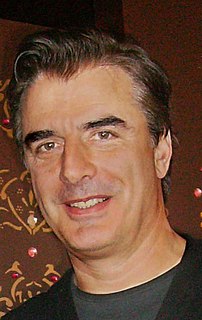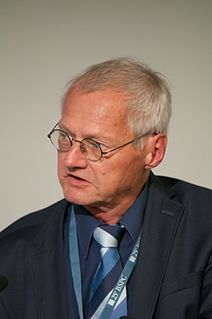A Quote by Donella Meadows
Calculating how much carbon is absorbed by which forests and farms is a tricky task, especially when politicians do it.
Related Quotes
We need healthy forests if we want to protect our climate. As the climate changes, forests become more vulnerable to insect outbreaks, droughts and wildfires. Simultaneously, when our forests are destroyed, their carbon is released back into the atmosphere, further impacting climate change. It's a horrifying one-two punch.
One of the reasons why I say we all need to work together to save the Congo forest, because if we don't save the Congo forest, the Amazon forest and the southeast Asia forest, if those forests release the carbon they are trapping at the moment, much of what you will be doing in the North will be negated by the amount of carbon released into the atmosphere.
Some time ago we discovered the carbon cycle - a long-term set of chemical reactions that govern climates based on how much carbon is free in the atmosphere. At that point, it became clear that humans were affecting our environments far more profoundly than we realized. By releasing so much carbon and greenhouse gas into the environment, we're making long-term changes to every aspect of the natural world.
We have been developing an ever closer relationship with China on climate change for many years which has led to collaboration on carbon trading, offshore wind development, on low-carbon buildings, on nuclear energy, and on carbon capture and storage - to name just some of the ways in which we're working together.
What the meat industry figured out is that you don't need healthy animals to make a profit. Sick animals are more profitable... Factory farms calculate how close to death they can keep animals without killing them. That's the business model. How quickly they can be made to grow, how tightly they can be packed, how much or how little can they eat, how sick they can get without dying...We live in a world in which it's conventional to treat an animal like a block of wood.







































